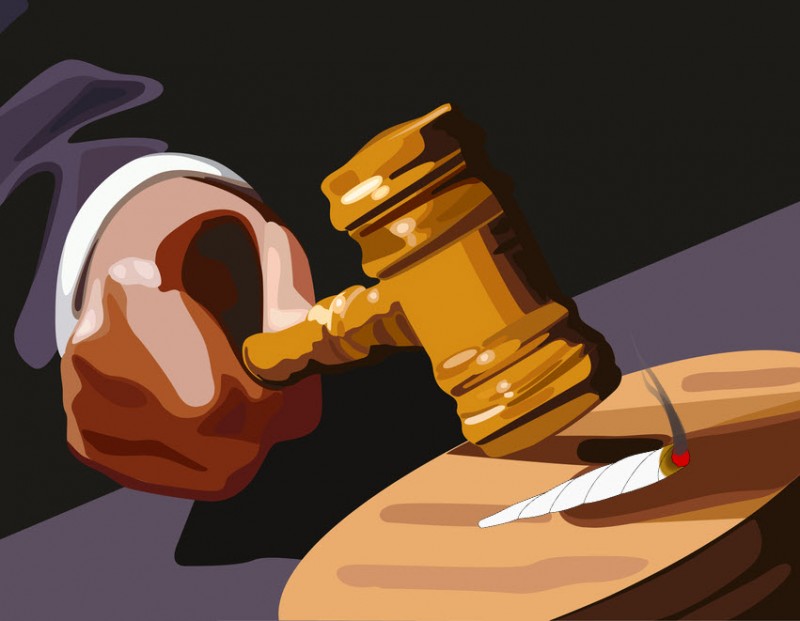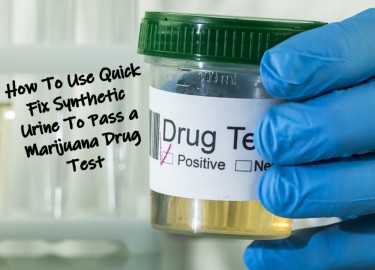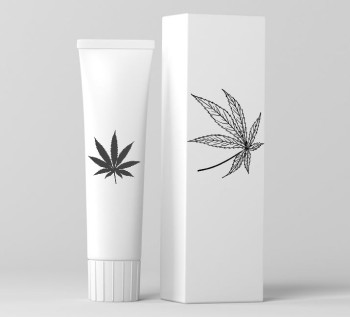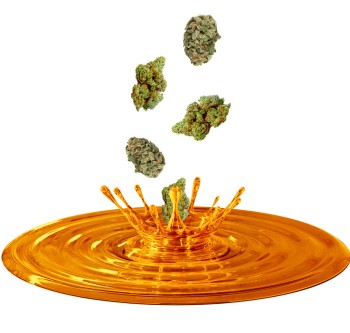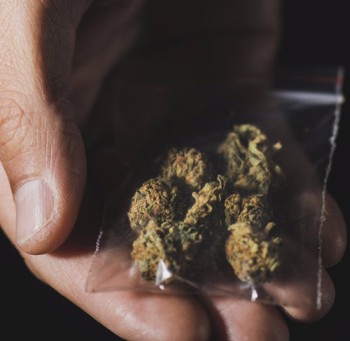Utah Faces Lawsuit Over Cannabis Licenses
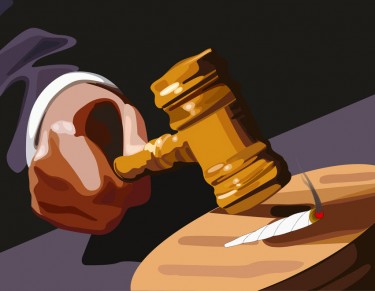
The tussles surrounding cannabis licenses and different stats in the US are no new thing especially to those that are very conversant with happenings in the cannabis industry. With legalization and decriminalization being the central theme around cannabis in many climes around the world, it’s no surprise that it is consistently raising concerns. The scenario present now is that many private parastatals are taking the needed initiative to ride on this platform to get what they need around the legality of cannabis processes from the government. An example that we will be paying close attention to is the case of a company based in Utah and the state.
The waters around cannabis licenses and legality are not as clear as the divisions between the oceans and the seas. This is because there is a lack of uniformity of laws seeing as the states have to come up with their laws individually. This has then given room for different types of issues depending on the peculiarity of such states. This is the case of the lawsuit filed by a Utah-based company against the state of Utah recently. The lawsuit was filed by this company on the basis that out-of-state operators were receiving an unfair advantage in the licensing processes of the state.
An in-depth look into the lawsuit
The plaintiff in this lawsuit is JLPR LLC who filed a lawsuit in the US District Court against officials working with the Utah Department of Agriculture and Food (UDAF). The case being presented against these officials of the state is that they played a major role in giving unfair notice of changes in policies and rulings to some operators. These officials were also accused of coaching some applicants on how to go about the navigation process. These involvements were said to have had an impact in the awarding cultivation licenses under the state’s medical-marijuana program.
Voters in the state approved the medical marijuana program with the approval of Proposition 2 in November 2018. Between 2019 and 2020, four out-of-state operators have been awarded and cannabis dispensaries have been licensed. The lawsuit views that the selection was biased seeing as it did not favor JLPR and hindered plans towards the launch of the state’s medical-marijuana program.
Positions put forward
The demand and position of the company was the ruling of the court to facilitate the issuance of a cultivation license immediately or to have JPLR placed at the head of the list for the next license to be issued. The company is also suing for damages monetarily to compensate for the loss of the company in terms of profits, legal fees, and consulting services. The attorneys of the company opined that companies that were politically connected are selected over those that are qualified and capable to operate successfully in the new Utah cannabis market. By this, the officials have violated due process and equal protection rights as it applies to JLPR.
The attorneys fully backed the lawsuit by bringing to the table former officials of UDAF related to the medical marijuana program, state purchasing officials, and firms seeking cultivation licenses. These acted as defendants in the action to help show that the corruption and problems in the agency acted as a major barrier keeping JLPR from enjoying the due process and equal protection rights.
One major point that cannot be faulted is a major change in the policy of regulations that applies to companies seeking cultivation licenses. The initial sand was that all growers under the state’s medical-marijuana program were required to be based in Utah. Surprisingly, there was a change to this regulation after the deadline for submission of application for cultivation licenses had passed. The surprising reality was the fact that some out-of-state companies submitted applications before this deadline which could only mean that they were tipped off on the expected change in the rules.
The suit also brings to account the fact that limited time was made available for companies to work with before applications were submitted and evaluations were done. The aspect of malpractices purported b7y the lawsuit in this angle is that some of the application evaluators had a conflict of interest. Others were also noted to have had unsanctioned and improper communications with some applicants.
Impact of the account of the Utah State Auditor
An earlier investigation done by the Utah State Auditor John Dougall had initially found faults with the selection process by the agency on the basis of conflict of interest and improper communications with applicants. This investigation was cited in the lawsuit as the recommendation by Dougall was that UDAF amends the application process and begins again. The process was indeed reviewed by UDAF in line with the recommendation nonetheless they confirmed the eight licenses that were awarded.
The issue of conflict of interest was seen in the case of Scott Ericson who was a former deputy commissioner at UDAF. He exited his position in the agency before the closure of the application period only to go work as a consultant at Standard Wellness which is a company based in Ohio. The lawsuit tried to establish that the role of Ericson was huge in seeing Standard Wellness awarded one of the licenses. Ericson however denied any illegal involvement on his part to see Standard Wellness get the license. It is, therefore, safe to say that there are a number of things to address in order to get the full scope of this suit and its implications with the UDAF.
Bottom Line
The different politics supposedly being played at the level of the UDAF make for a very bad recipe for the state of Utah. This lawsuit for example brought some of these issues to the limelight and this is surely not the last we have heard of it. Till then, tensions around the state and awarding of licenses to companies are bound to still raise some eyebrows. However, the central thing to consider is that each state needs to get the agencies involved with such activities harmonized and free of such issues.
UTAH AND MARIJUANA, READ MORE...
UTAH SENATOR TRIES EDIBLES, SAYS IT'S NO BIG DEAL, READ MORE!
